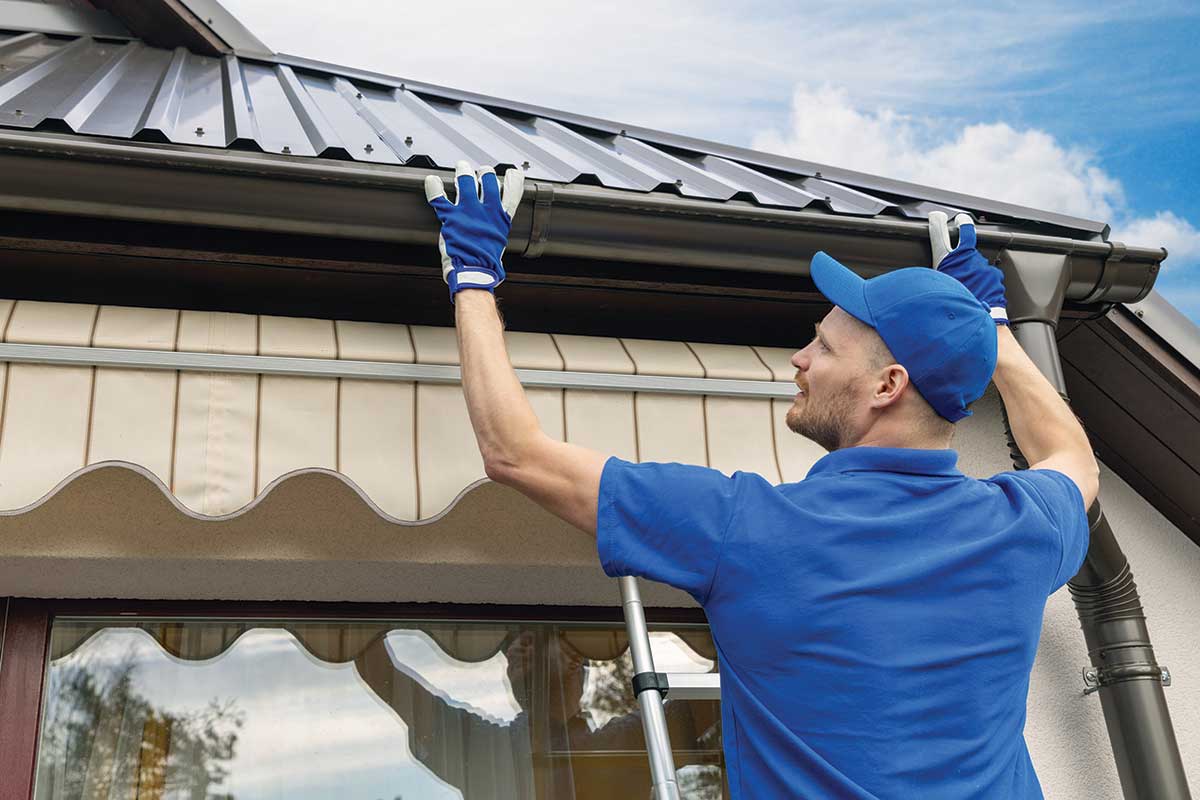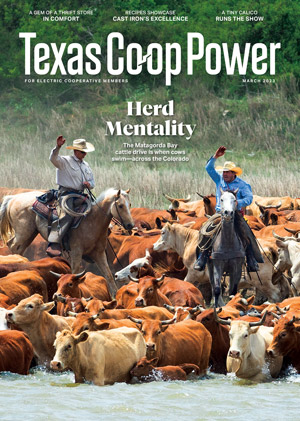The old adage, “In like a lion, out like a lamb,” refers to March starting out stormy and ending calmly—and that includes wind patterns.
“Across most of the country, spring is the windiest time of the year,” according to a South Carolina weather forecaster’s blog. “Wind speeds and wind power tend to be [three to four] times stronger in March and April than in July and August. In the [Dust Bowl] days, most of the dust storms were in late winter and spring. That continues to be the case in the Plains today.”
High winds can blow objects around and present a threat to your safety. Understanding what to do before, during and after high winds can help you weather windstorms more safely. Consider these tips from the National Oceanic and Atmospheric Administration.
Before Strong Winds
Trim tree branches away from your house. Call your electric cooperative about tree branches that are too close to power lines.
Secure loose gutters and shutters.
Find an interior room of your house, such as a closet or bathroom, that you can take shelter in.
If you live in a mobile home, seek out a sturdy building where you can go when it’s windy.
Charge batteries of all essential items such as cellphones, booster packs and weather radios.
Secure any items that could blow away to avoid damage or injury once the wind starts picking up.
During Strong Winds
Immediately go inside a sturdy structure and move to an interior room or basement.
Take shelter in your car if you are not near a sturdy building. If possible, drive to a nearby sturdy structure.
If no shelter is available, avoid trees and power lines.
If you’re driving and aren’t near a sturdy building, hold the steering wheel with both hands and slow down.
Keep a safe distance away from high-profile vehicles such as trucks, buses and vehicles towing trailers. One strong gust of wind can be enough to flip a trailer onto its side.
After High Winds
Do not go near downed power lines. Report downed power lines to the police and your co-op.
Continue to listen to the local news and NOAA Weather Radio for updates following the storm.


